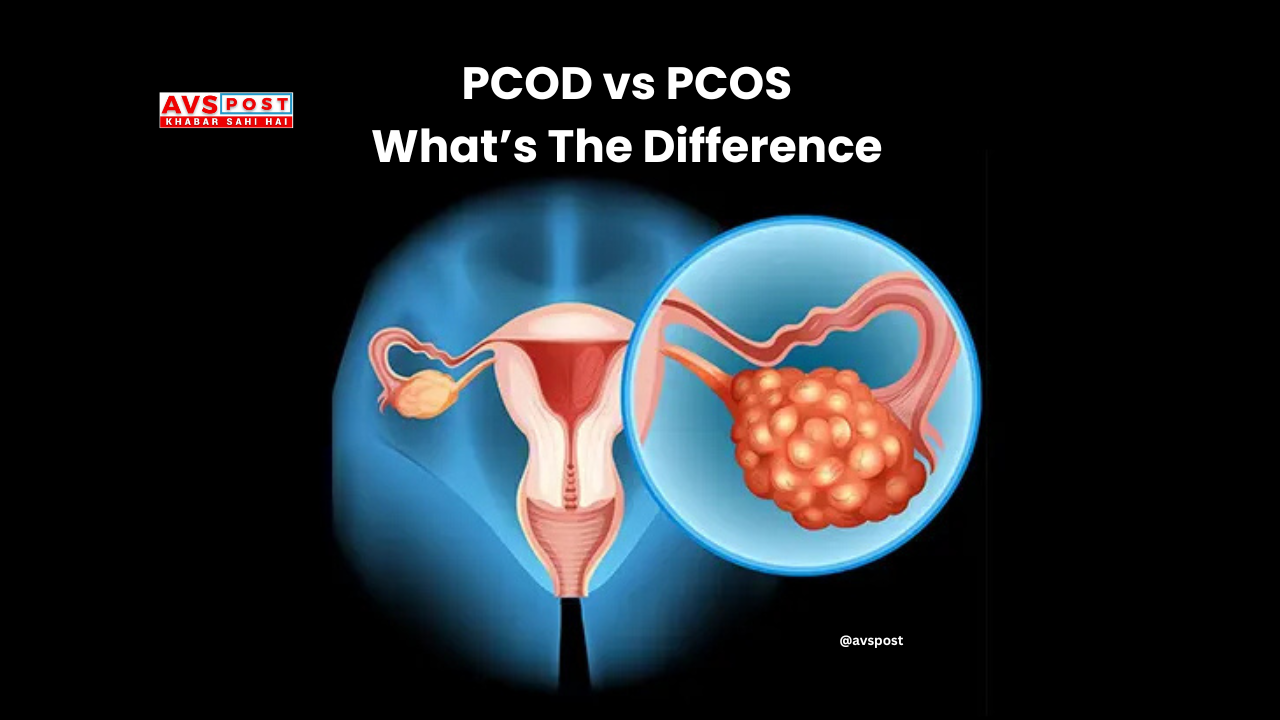Prostate cancer is one of the most common cancers affecting men worldwide, yet it often remains a silent topic until it’s too late. With early detection and modern treatments, survival rates are improving, but awareness is key. This blog explores what prostate cancer is, highlights recent breakthroughs, and shares inspiring stories of men facing the disease with courage. Understanding Prostate Cancer
Prostate cancer develops in the prostate gland, a small organ that produces fluid for semen. It’s the second most common cancer in men globally, with about 1.4 million new cases annually, projected to double by 2040. Risk factors include age (most common after 50), family history, ethnicity (higher risk in Black men), and genetic mutations like BRCA. Symptoms, such as difficulty urinating, frequent urination, or pelvic pain, often appear in later stages, making early screening vital.

The Prostate-Specific Antigen (PSA) test, a simple blood test, is a cornerstone for early detection. Men over 50, or those with risk factors, should discuss screening with their doctor. A digital rectal exam (DRE) or imaging like multiparametric MRI can confirm suspicions, while a biopsy determines the cancer’s aggressiveness using the Gleason score.
Recent Advances in Prostate Cancer Care
The fight against prostate cancer is advancing rapidly. Here are some exciting developments:
- Precision Diagnostics: A 2025 study showed a urine test using AI and gene activity analysis can detect prostate cancer early, reducing unnecessary biopsies. The 4Kscore test also improves accuracy, cutting biopsy rates by up to 58% while missing few high-risk cases.
- Targeted Therapies: Treatments like enzalutamide (Xtandi) combined with talazoparib (Talzenna) extend survival in metastatic castration-resistant prostate cancer by blocking DNA repair and hormone-driven growth. PARP inhibitors like olaparib (Lynparza) are now FDA-approved for men with specific genetic mutations.
- Innovative Radiation: Lutetium-177-PSMA-617 (LuPSMA) delivers radiation directly to cancer cells via PSMA proteins, reducing deaths by nearly 40% in advanced cases. This “smart bomb” therapy spares healthy tissue, improving outcomes.
- Immunotherapy and Beyond: Research from 2023 showed immunotherapy with enoblituzumab before surgery improved remission rates in high-risk cases. Clinical trials are also exploring Bipolar Androgen Therapy (BAT) for resistant cancers.
These advancements highlight the importance of clinical trials, which pave the way for new standards of care. For example, abiraterone, once experimental, is now a go-to treatment for metastatic disease, thanks to patients who participated in trials.

Stories of Resilience
Prostate cancer is more than statistics—it’s about real people. Take Drew Bouton, diagnosed with metastatic prostate cancer at 45 in 2001. Given two years to live, he embraced a positive mindset and cutting-edge treatments, including early immunotherapy with sipuleucel-T (Provenge). Over 20 years later, Drew’s disease is stable, and he advocates for clinical trials and early detection. His story shows that a proactive attitude and access to new therapies can rewrite the odds.
Similarly, Jerry Bembry, a ZERO Prostate Cancer advocate, turned his diagnosis into a mission. After losing his brother to the disease, Jerry pushes for regular screenings, especially for Black men, who face a 1-in-6 risk compared to 1-in-8 for others. His advocacy emphasizes equity and awareness, saving lives through education.
Why Awareness Matters
Prostate cancer often lacks early symptoms, leading to late diagnoses, as seen in cases like Sir Chris Hoy, who shared his story to urge men to check their risk. Prostate Cancer UK’s 30-second online risk checker is a simple tool to assess personal risk based on age, family history, and ethnicity. Early detection through PSA testing or MRI can catch cancer before it spreads, dramatically improving outcomes.
Black men face a heavier burden, with a 2–4 times higher risk of death. Initiatives like the Prostate Cancer Foundation’s work during Hispanic Heritage Month also highlight disparities among Latino men, pushing for better screening access.

Taking Action
If you’re a man over 50 or have risk factors, talk to your doctor about PSA testing. Stay informed about new treatments, and consider joining support groups like those on Prostate Cancer UK’s online community or ZERO Prostate Cancer’s network. These spaces offer emotional support and practical advice from others who understand the journey.
For caregivers, showing love through small acts—whether it’s cooking a healthy meal like a Niçoise salad or joining advocacy events—can make a big difference.
Also Read This : Hina Khan : The Unstoppable Star of Indian Entertainment
Looking Ahead
Prostate cancer is a formidable foe, but hope is growing. From AI-driven diagnostics to targeted therapies, science is transforming care. Stories like Drew’s and Jerry’s remind us that courage and community are just as powerful. Check your risk, stay proactive, and support the fight—together, we can make prostate cancer a disease of the past.





